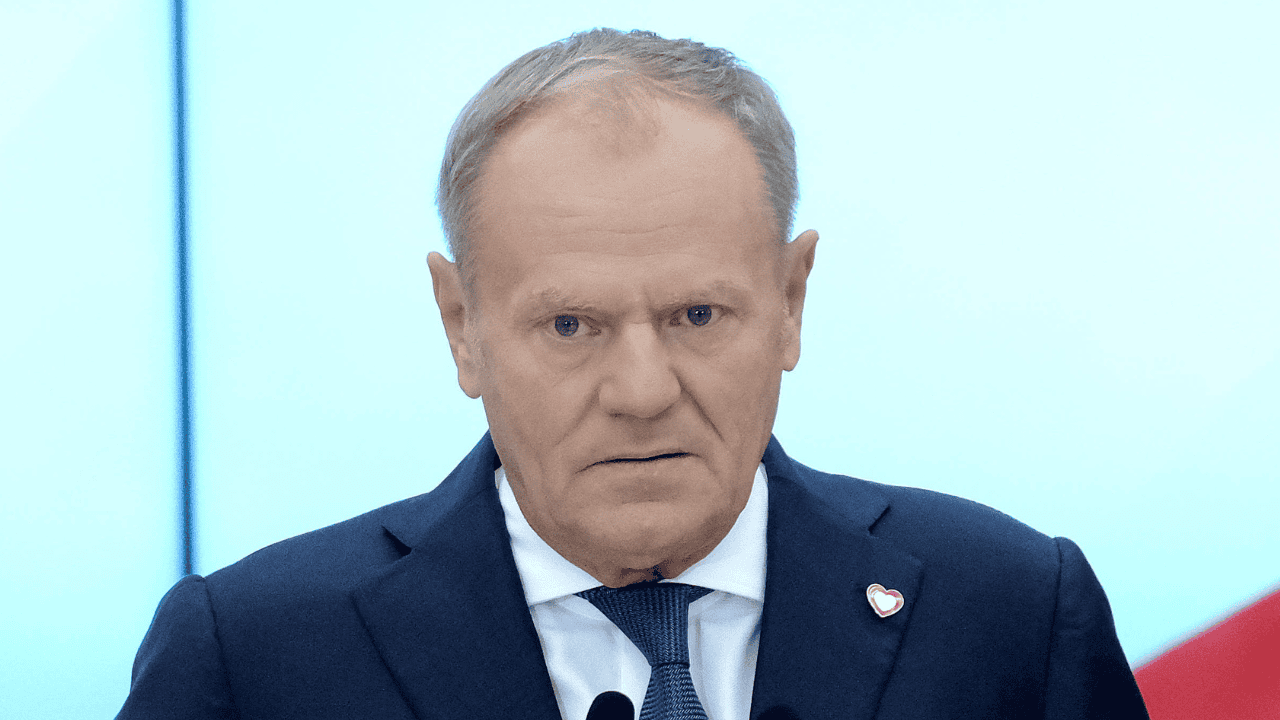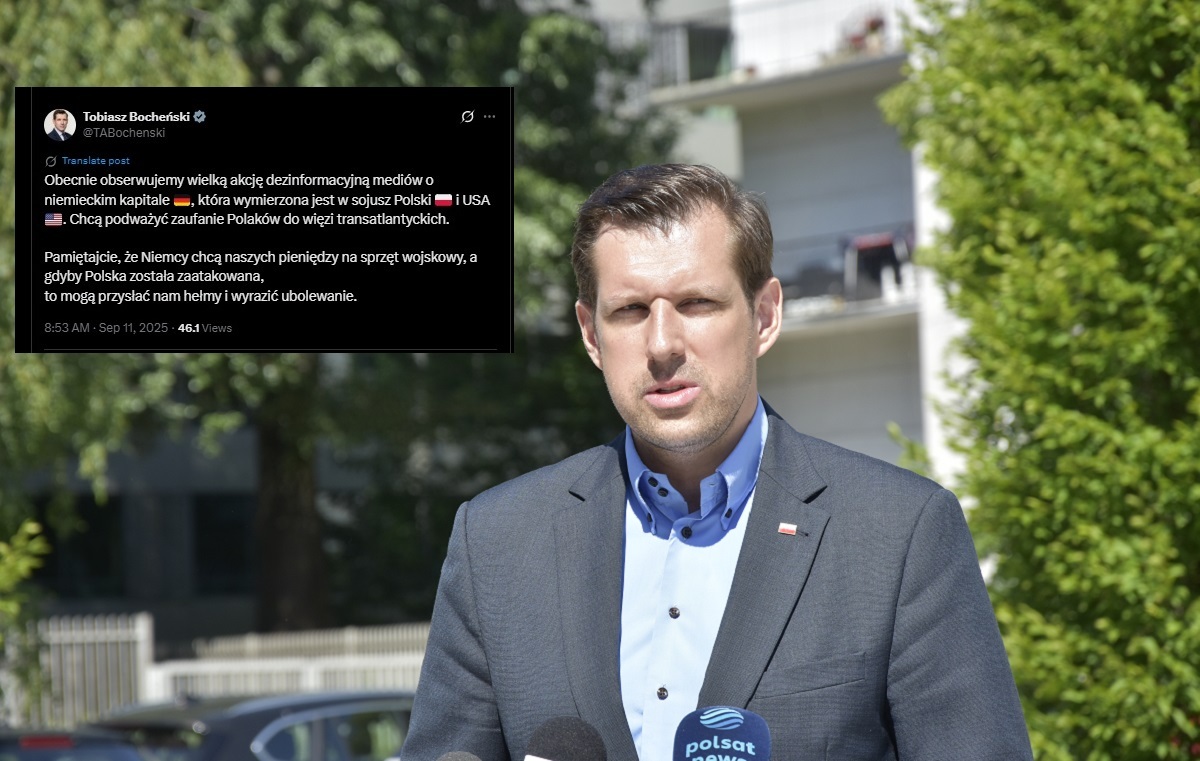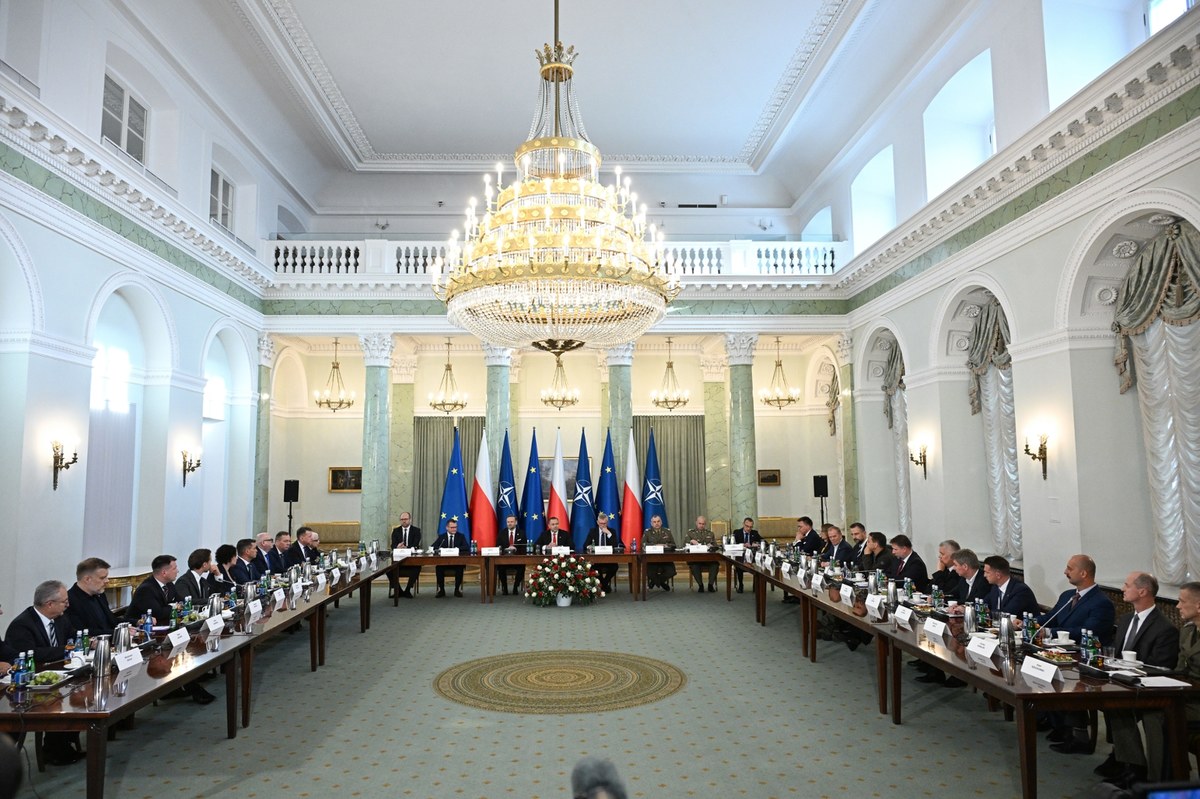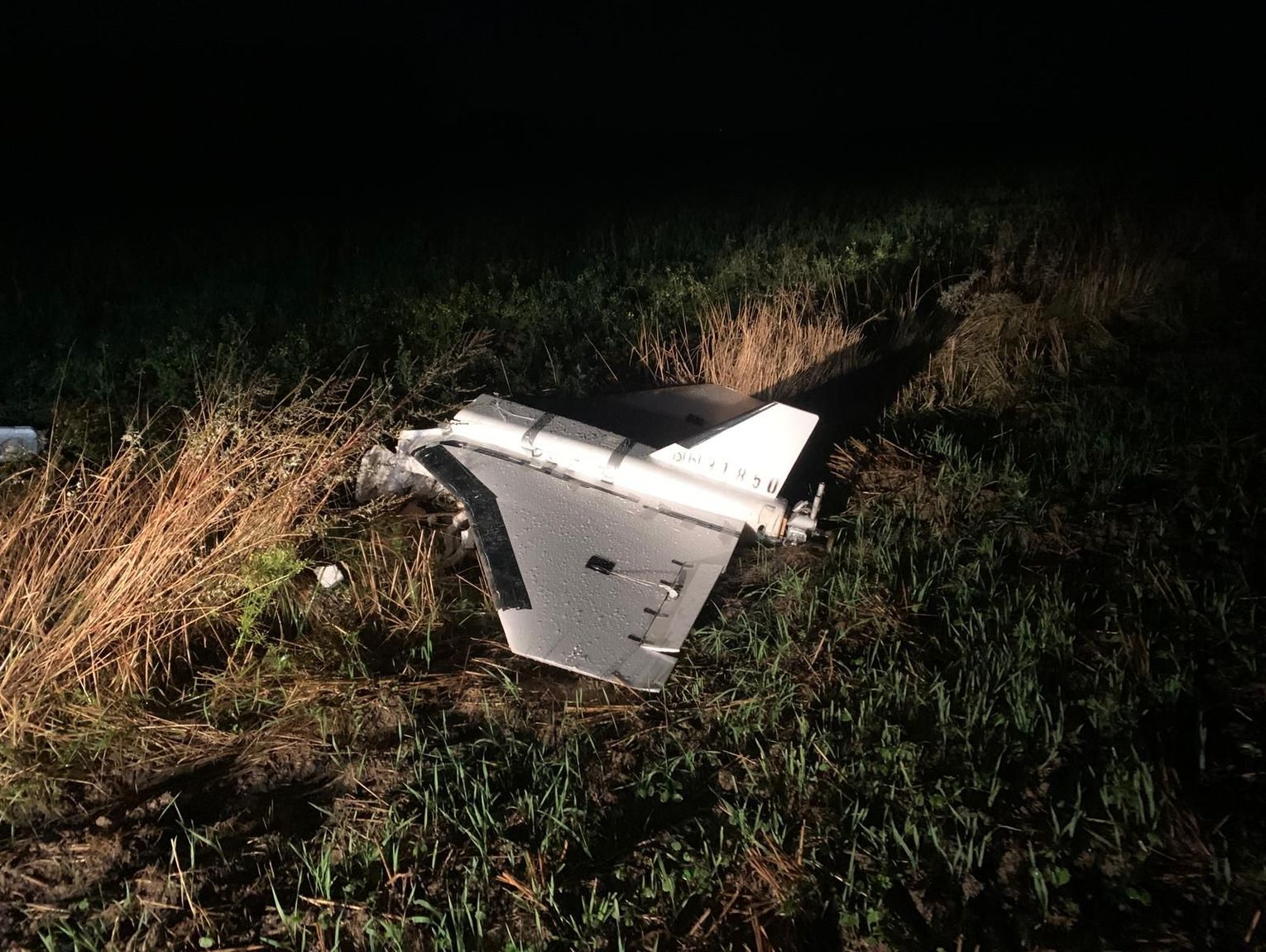
Thune Moves Forward With 'Nuclear Option’ To Confirm Trump’s Nominees
Authored by Joseph Lord and Nathan Worcester via The Epoch Times,
Senate Majority Leader John Thune (R-S.D.) on Sept. 8 announced that Republicans will take the “nuclear option” in the Senate to allow for faster confirmation of nominees by the president.
“Democrats have made President Donald Trump the first president on record to not have a single nominee confirmed via voice vote or unanimous consent, and they are forcing time-consuming votes on noncontroversial nominees who go on to be confirmed by large bipartisan margins,” Thune wrote in an op-ed published in Breitbart on Sept. 8.
To get around Democrats’ moves to block Trump’s nominees, Thune has moved to change the rules in the Senate.
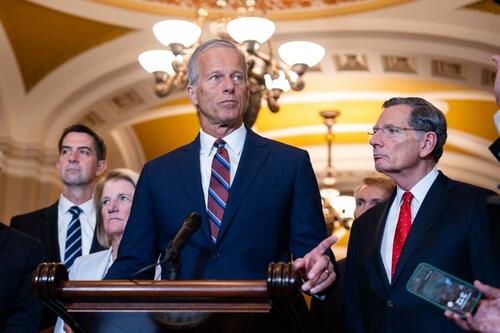
On Sept. 9, lawmakers voted to move forward with a resolution introduced by Thune to allow for the consideration of 48 executive nominees en bloc—the first step toward expediting Trump’s nominees similarly in the future.
Here’s what to know…
What Is the ‘Nuclear Option’?
The “nuclear option” in the Senate describes a situation in which the majority party changes procedures in the Senate during the middle of a congressional session.
This is possible because such rules can be changed by a simple majority vote—meaning that a majority party at any time has the power to change or amend the rules as long as enough of its members are on board with the plan.
Since President Barack Obama’s time in office, both parties have made use of the nuclear option.
In 2013, then-Senate Majority Leader Harry Reid (D-Nev.) invoked the nuclear option to allow lower court judges to be confirmed by a simple majority vote.
Later, then-Senate Majority Leader Mitch McConnell (R-Ky.) changed the rules to allow Supreme Court justices to be confirmed by a simple majority.
Such changes to the rules are considered precedent-setting, and the other party tends to take advantage of such precedents when it returns to power.
Why Are Republicans Considering It?
Historically, the nuclear option has been used to overcome perceived obstruction or other procedural hurdles placed by the opposition party, and this case is similar.
Since Trump returned to the White House, Senate Democrats have withheld unanimous consent and required voice votes on the president’s nominees, dragging out the process. Secretary of State Marco Rubio, a former senator, is one of the only civilian nominees who has not faced such delays in the Senate.
Although they’re out of power in Washington, Democrats have, in recent months, taken steps to slow the confirmation of Trump’s executive appointees.
This has included taking their full allotted time to speak for each individual nominee—a divergence from norms in Washington, where lawmakers have historically confirmed dozens or hundreds of lesser nominees through unanimous consent voice votes.
The situation has been ongoing since before lawmakers left for their monthlong August recess.
In his op-ed, Thune described this as “delay for delay’s sake.”
He said Republicans would consider a rules change based on one developed in 2023 by Sens. Amy Klobuchar (D-Minn.) and Angus King (I-Maine), who caucuses with Democrats.
The GOP rule change, like the one proposed by Klobuchar and King, would increase the number of nominees that the Senate can consider en bloc, or in a single vote.
Thune warned that many key slots in the executive branch will remain empty if the Senate doesn’t speed things up.
“No party should be able to weaponize the confirmation process the way that Senate Democrats are doing now,” the South Dakotan wrote.
Trump, for his part, has called on Senate Republicans to do whatever it takes to confirm his nominees.
In late July, the president proposed canceling the coveted August recess to continue considering his nominees.
In an Aug. 6 post on Truth Social, he urged Republicans to pursue changes that would expedite the confirmation of nominees in the face of Democratic opposition when they returned.
Lawmaker Reactions
Reactions have largely broken down along partisan lines.
Republicans have upheld a rule change as necessary to overcome hurdles they say were put in place by Democrats. Democrats, meanwhile, spoke critically of the possibility of a rules change.
In comments to The Epoch Times on Sept. 10, Sen. Tommy Tuberville (R-Ala.) supported a rule change, although he acknowledged that it would “set a precedent.”
“[But] we have to do something or we’re not gonna get anybody confirmed,” Tuberville said.
“We’ve never had anybody that didn’t give any voice votes whatsoever to the majority. We’ve got to do something to have somebody working and filling these positions. So I’m all for it.”
Sen. John Curtis (R-Utah), a freshman senator seen as one of the most moderate voices in the GOP caucus, was also supportive of the move. He noted that all 53 Republicans had supported the move on Sept. 9.
Asked by The Epoch Times whether a rules change could undermine precedent, Curtis said Democrats were “[undermining] precedent by doing what they did.”
The same sentiment was expressed by Thune during comments on the Senate floor on Sept. 10, during which he said the change would restore “Senate precedent” and “what was once understood to be standard practice.”
Sen. Chris Murphy (D-Conn.), one of the leaders of Democratic opposition to the rule change, said Thune’s proposal was too broad.
“It has no guardrails. They can use this for judges, for cabinet officials. They can move 100 nominees at a time. It’s a pretty stunning application of advice and consent,” Murphy told The Epoch Times.
Senate Minority Leader Chuck Schumer (D-N.Y.) has defended the slow pace of confirmations.
“Historically bad nominees deserve a historic level of scrutiny by Senate Democrats,” he wrote on X.
Thune and Schumer were unable to reach an agreement to move forward with the issue before the August recess.
According to Trump, Democrats at the time were demanding the release of about $1 billion in federal funding and sought promises from the administration not to rescind additional funds, in exchange for allowing the quick consideration of the president’s nominees.
Tyler Durden
Thu, 09/11/2025 – 13:05

